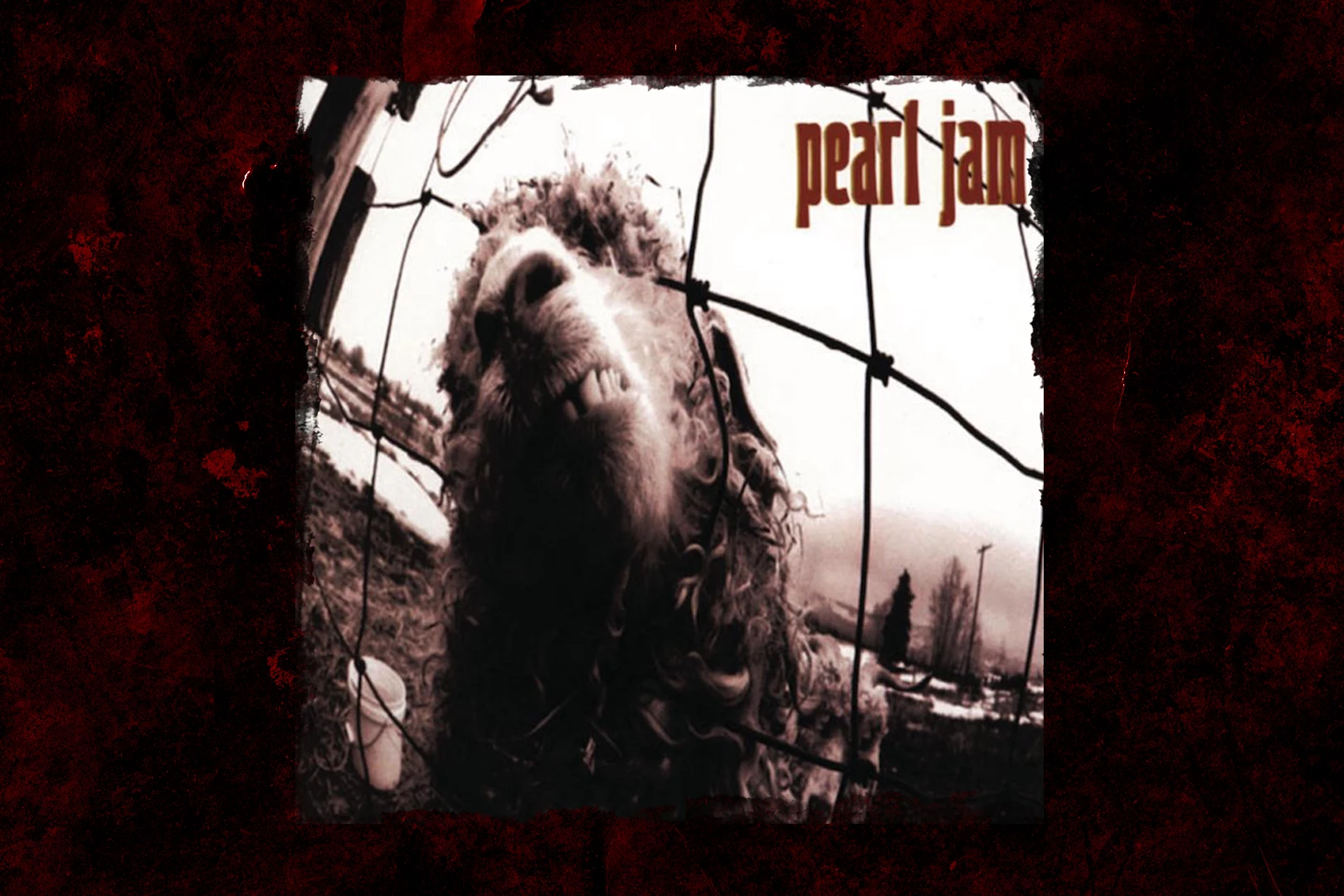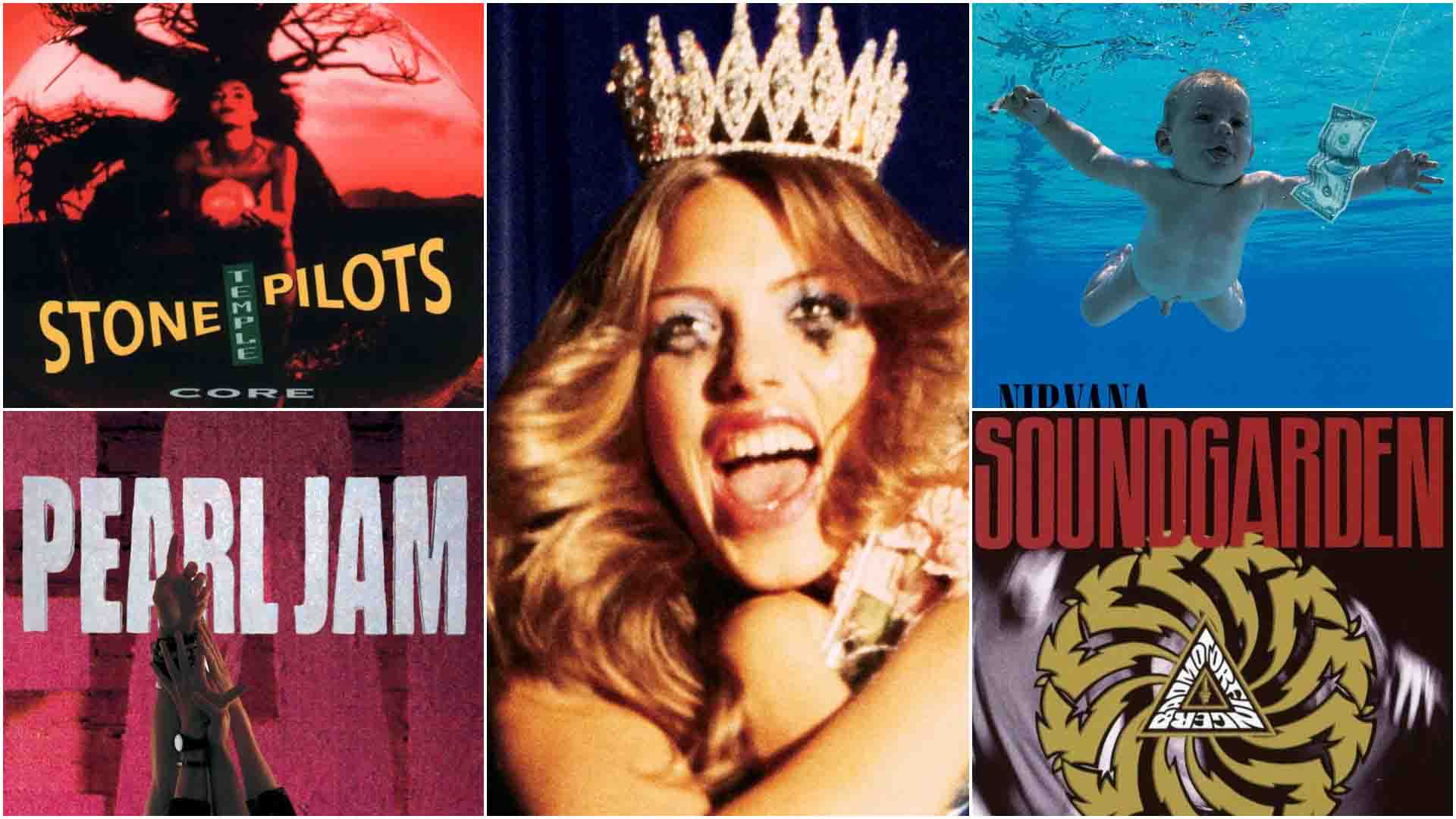

The lyrics – raining fire on GMOs – frequently feel more like ranting blogposts set to music than songs. Young’s latest backing band, Promise of the Real, sound fiery here, and Young himself is audibly livid, but The Monsanto Years was another album that felt rushed to the point that actual writing had been overlooked. Mixed in the studio into one 35-minute track, it is not quite as confrontational a statement as Lou Reed’s Metal Machine Music, but it’s worth hearing at least once. It was Sonic Youth’s Thurston Moore who suggested Young release a live album entirely comprised of the feedback-laden intros and outros of his live performances. The songwriting is too uneven to sustain interest: Be the Rain and Bandit are great Grandpa’s Interview interminable.

Hailed by some as a return to form – which simply meant an improvement on its lacklustre predecessor, Are You Passionate? – Greendale was Young’s rock opera, a grandiose title that seemed antithetical to its rough, bluesy sound. The highlights are high – the brooding closer Without Rings is particularly fine – but there is a lot of filler, and the rose-tinted nostalgia of Young’s paean to his former band, Buffalo Springfield Again, is particularly runny. Silver & Gold (2000)Īnother album in the country-rock vein of Harvest. The autumnal, reflective mood of He Was the King and This Old Guitar were presumably influenced by the death of his father and Young’s own brush with mortality after a brain aneurysm. The least appealing of Young’s albums in the Harvest vein, Prairie Wind is still one of Young’s stronger latter-day albums. Perhaps he realised that the album’s initial Neil Young-as-crooner concept didn’t quite work, veering as it did between charming (the big band-fuelled I Want to Drive My Car) and schlocky (Tumbleweed). Indecision plagued Storytone, which Young released in three versions: one orchestrated, one stripped back, one with a bit of both. Storytone (2014)įork in the road … a shot from Young’s difficult 80s. The latest in a succession of middling albums with Crazy Horse, Colorado features some incendiary performances in the band’s patent ham-fisted style – there’s a moment midway through She Showed Me Love where drummer Ralph Molina appears to stop playing by mistake – but it also features some painfully on-the-nose political lyrics, and not much in the way of decent tunes.

Paradox (2018)ĭarryl Hannah’s incoherent film about Young and his latest young collaborators, Promise of the Real, is an endurance test to rival 1972’s similarly aimless documentary Journey Through the Past, but the soundtrack – a patchwork of instrumental passages, outtakes and live recordings – is quite immersive and enjoyable as it drifts along, although clearly only diehard Young nuts need apply. Certainly the first album he made after Briggs’s death felt sprawling and directionless: long Crazy Horse jams alongside bootleg-quality live tracks. There is a pervasive theory that Young’s music has suffered since the death of his long-term producer, David Briggs, the one man who seemed capable of reining him in and calling out his less inspired ideas. He’s nothing if not honest, but his sales might have held up better had his later albums not sounded increasingly dashed-off, with more thought put into their messages – here about pollution and the ongoing financial crisis – than the music. “I’m a big rock star, my sales have tanked / But I still got you – thanks,” offered Young on the title track. It’s infuriating as the songs were often great, as evidenced by Prisoners of Rock and Roll, a virtual manifesto for Crazy Horse’s primitive musical approach: “We don’t wanna be good.” 39. Life (1987)Īfter hobbling Landing on Water with a cack-handed application of synths and drum machines, Young proceeded to hobble an album with his old muckers Crazy Horse in exactly the same way. You cannot fault Young’s recent work ethic, or his political commitment, but Peace Trail – his second album of 2016, partly inspired by the environmental protests at Standing Rock reservation – was a mess: sketchy songwriting, half-baked musical ideas including a burst of Auto-Tuned vocals, platitudinous lyrics. Relief arrives when Crazy Horse lumber gracelessly into view on Goin’ Home. This collaboration with Booker T and the MGs, which attracted much attention for the bellicose, post-9/11-themed Let’s Roll, is otherwise forgettable: competent, aimless mid-tempo songs low on thrills.


 0 kommentar(er)
0 kommentar(er)
